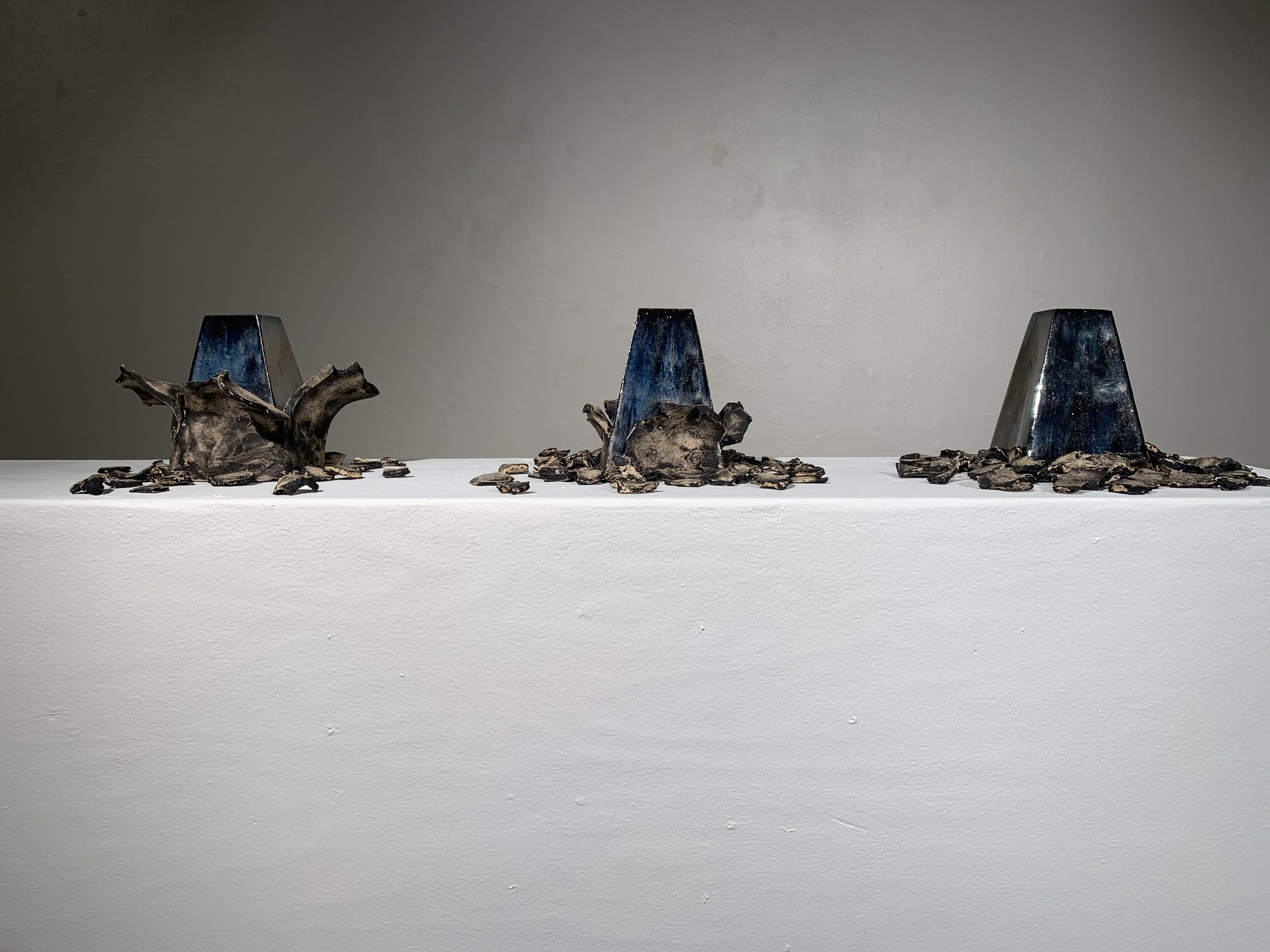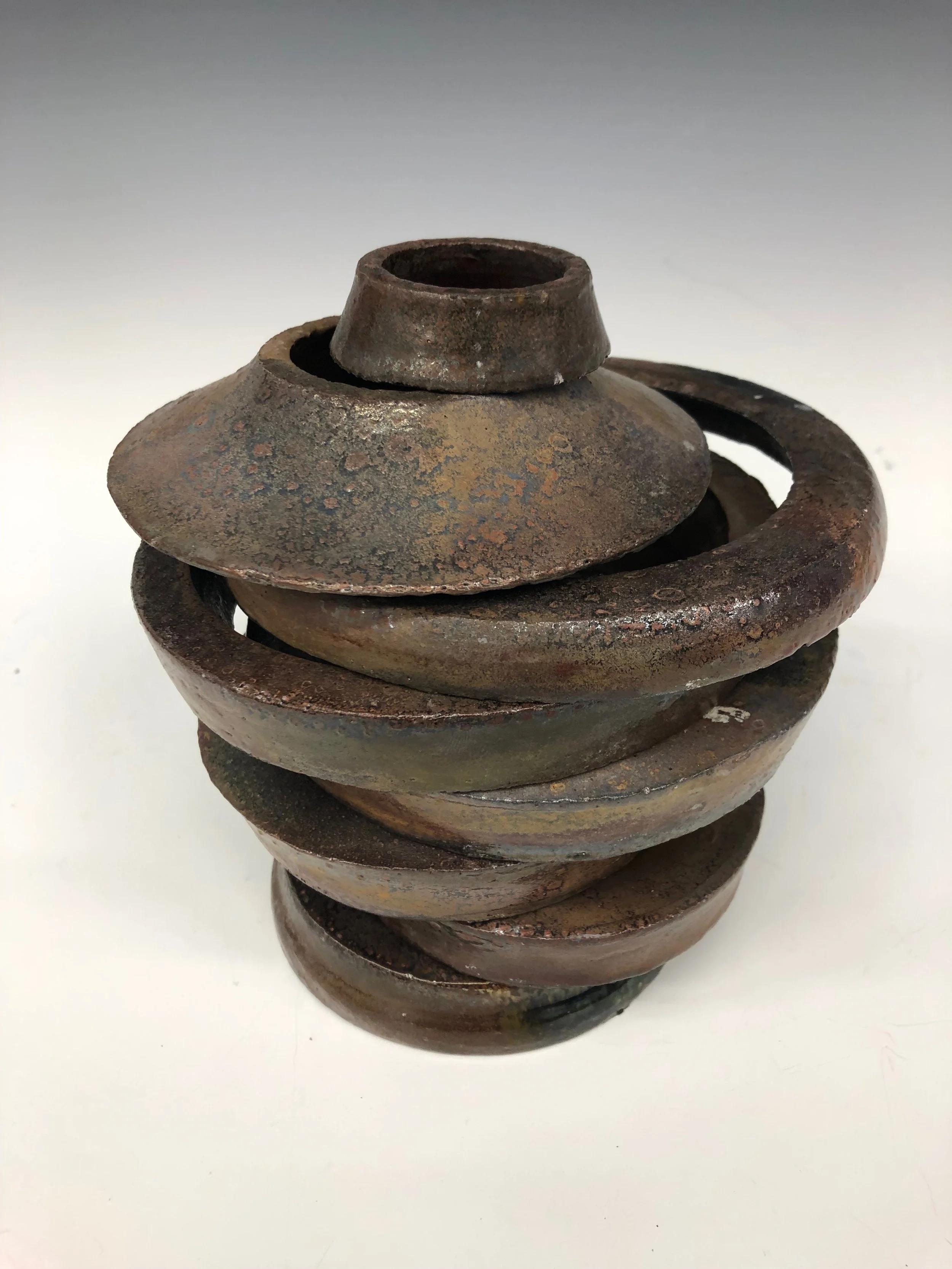
“Education is not preparation for life. Education is life itself.”
-John Dewey
My approach to teaching is to find the best route for students to not only develop and hone fundamental skills, but also enforce the idea that these are skills that must be practiced and not ones based off inherent ability. I have had a lot of students come to me and say that they feel like they are not creative enough to do a certain project in comparison to their classmates. It is my job as the educator to instill the confidence in to my students that they need to practice rather than be born into the artistic world which is so often the popular perspective. The only way to achieve this is through the establishment of connection between educator and student. The best way I have found to do this is to simply incorporate their interests as well as to stay current with exciting methods and practices. This can be done in many forms.
The first is through the adaptation of assignments. In studio art courses, certain practices revolve around imitating great works rather than incorporating things that give the students value to put into their work. In this sense, it really helps to foster a relationship with students wherein you are flexible in the application of whatever fundamental skill the assignment enforces. In certain instances, select students may stray from the confines of the assignment to create something they are more passionate about. This should be supported rather than discouraged. The second way to do this in a studio art class is to foster a conscious environment where students do not compare their works to one another. It is hard to do this for students because these classes are based off having things on display at every stage of creation. This can become increasingly difficult for students who have problems with deadlines and get stressed out by getting a little behind. Being flexible in this aspect of teaching will also just further the connection to the student.
The one thing I promote in any class is a quote from the book Art and Fear by David Bayles and Ted Orland. Though there are huge chunks of knowledge through out this book, the one quote that helped me work through discouraging or difficult times is “no one can make your art except you”. This is a crucial viewpoint to elevating these concerns students have about ability and foster an environment where they feel comfortable. Its important to put the student, as a person, at the center of the educators focus. This mutual respect creates the necessary understanding for a conducive learning environment.


